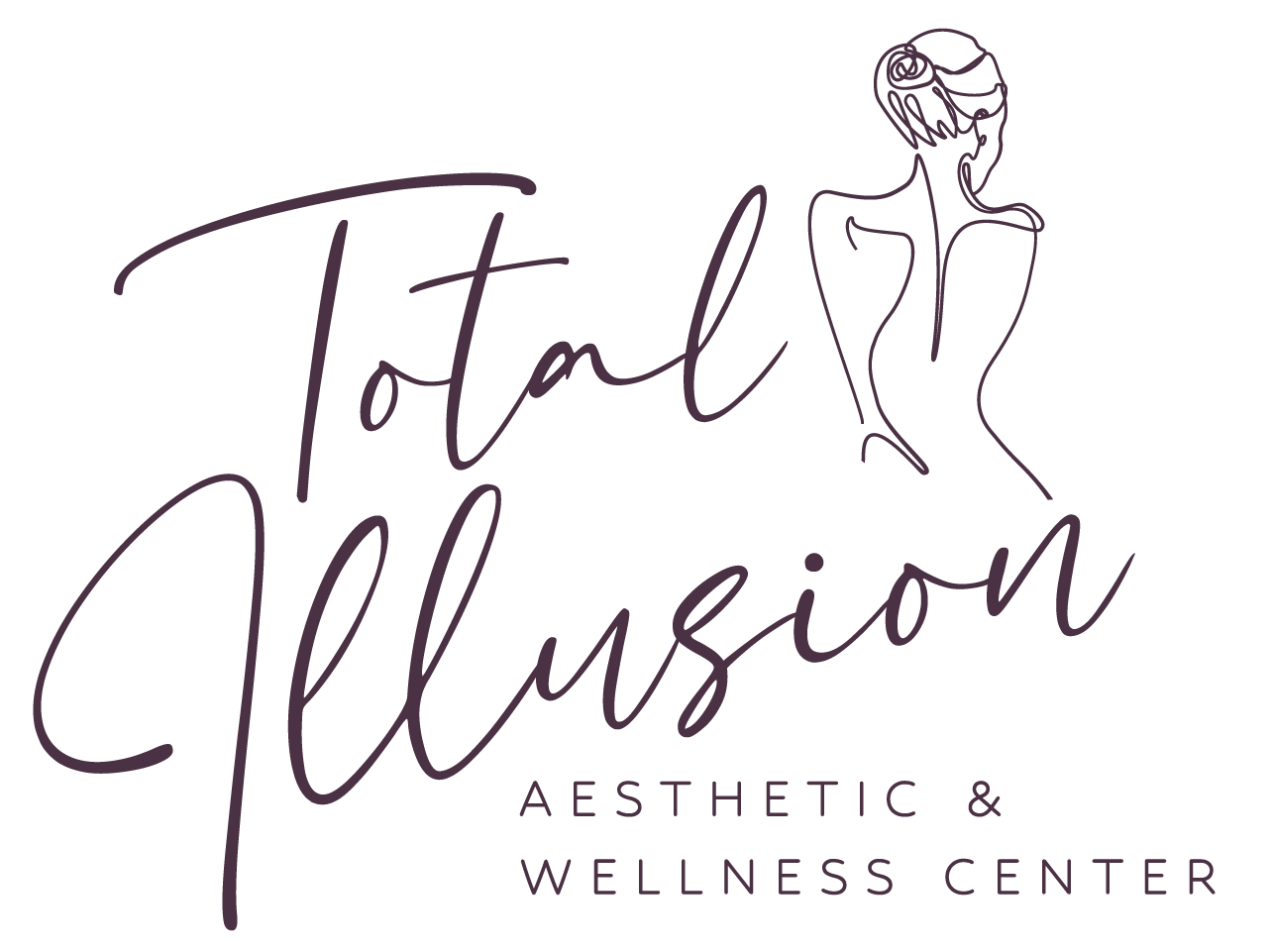Exposomes & the Brain: How Your Environment May Influence Neurodegenerative Disease
When we think about brain health, we often focus on genetics or aging. But there’s a lesser-known—and incredibly important—factor that may play a critical role in the development of neurodegenerative disorders like Alzheimer’s, Parkinson’s, and ALS: the exposome.
🧬 What Is the Exposome?
The exposome refers to the total sum of all the environmental exposures an individual encounters over a lifetime. This includes not just pollution or chemicals, but also:
Air and water quality
Diet and nutritional deficiencies
Stress and emotional trauma
Sleep patterns
Medications and infections
Toxins in personal care products or household items
In essence, your exposome is everything non-genetic that influences your biology—and your brain.
🧠 How the Exposome Affects the Brain
Our brains are incredibly sensitive to environmental inputs. Over time, cumulative exposure to harmful substances or chronic stress can lead to:
Oxidative stress
Chronic inflammation
Mitochondrial dysfunction
Disruption of the blood-brain barrier
Epigenetic changes (altered gene expression)
These biological effects are key contributors to the onset and progression of neurodegenerative diseases, which are characterized by the gradual loss of structure or function in neurons.
🧪 Examples of Exposome-Related Risks
Here are a few ways specific exposures may impact the brain:
Air pollution: Fine particulate matter (PM2.5) has been linked to increased dementia risk.
Heavy metals: Mercury and lead accumulation can disrupt neurotransmission and promote neuroinflammation.
Pesticides: Chronic exposure has been associated with higher rates of Parkinson’s disease.
Chronic stress and trauma: These can shrink brain regions like the hippocampus and increase cortisol levels, which impair memory and cognition over time.
🔄 Exposome + Genetics = Risk Expression
While genes may “load the gun,” the exposome often “pulls the trigger.”
A person with a genetic predisposition to Alzheimer's, for example, may or may not develop the disease—depending on factors like sleep quality, toxin burden, insulin resistance, and more.
This is where functional and integrative medicine comes in: by identifying modifiable exposures and optimizing the internal environment, we may lower risk or slow progression.
🛡️ What You Can Do: Protecting Your Brain from the Inside Out
While we can’t live in a bubble, we can make choices to reduce harmful exposures and build brain resilience. Here are a few places to start:
Eat an antioxidant-rich, anti-inflammatory diet
Filter your air and water when possible
Use non-toxic personal care and cleaning products
Support detox pathways with sleep, hydration, and movement
Manage stress with breathwork, nature time, and nervous system support
Monitor hormone balance and blood sugar control
And perhaps most importantly: stay informed. Awareness of your exposome empowers you to make better choices every day.
🧠 Final Thoughts
Neurodegenerative disorders are complex, multifactorial, and deeply personal. While we can’t control everything, we can take a more proactive, preventive approach to brain health by understanding the hidden influences around us.
The exposome may not be visible—but its effects are real. And the good news is, what we do today can shape how our brains function tomorrow.


